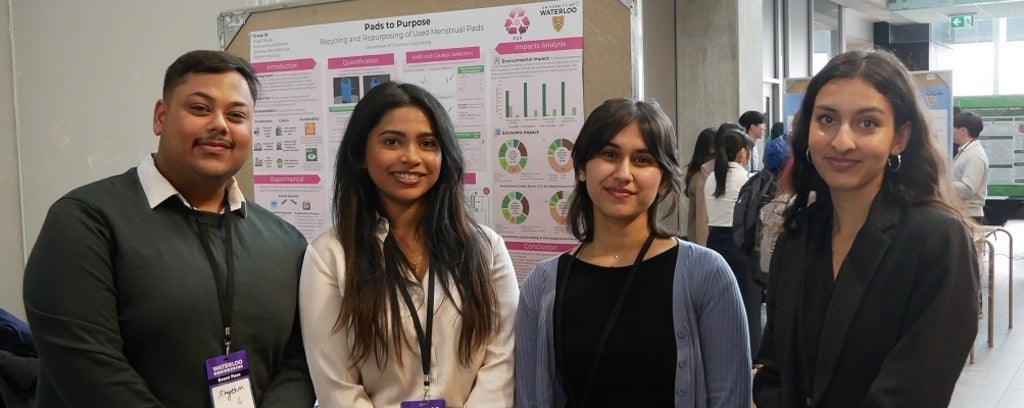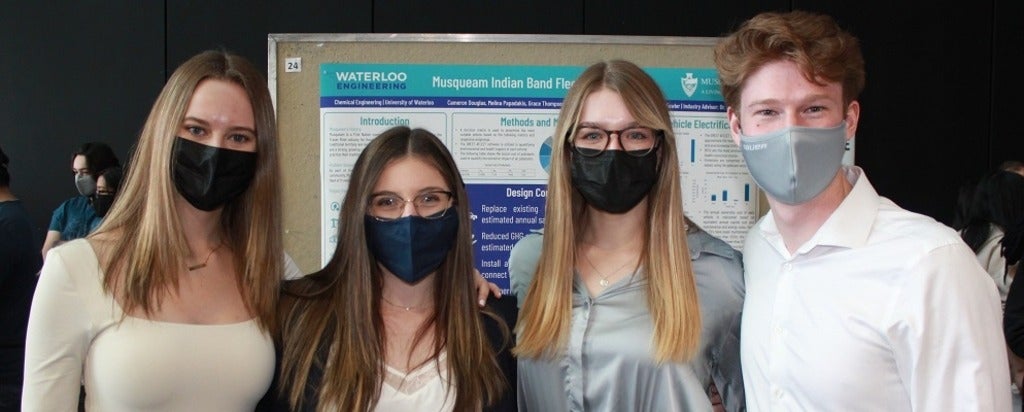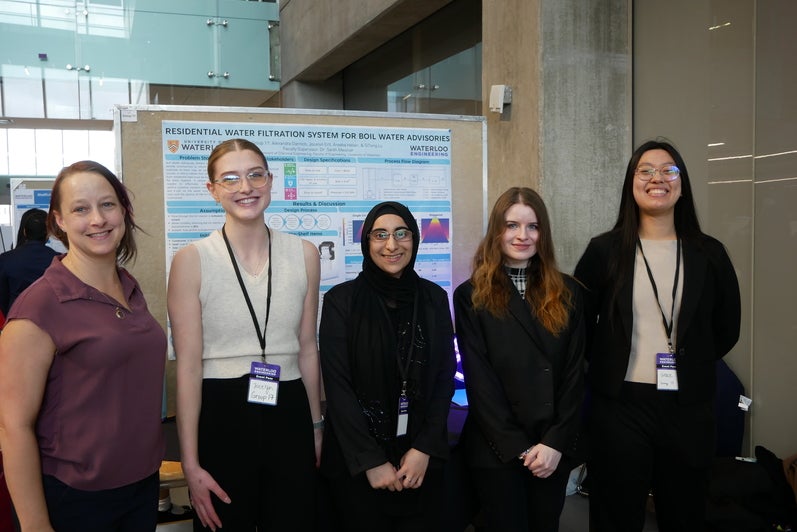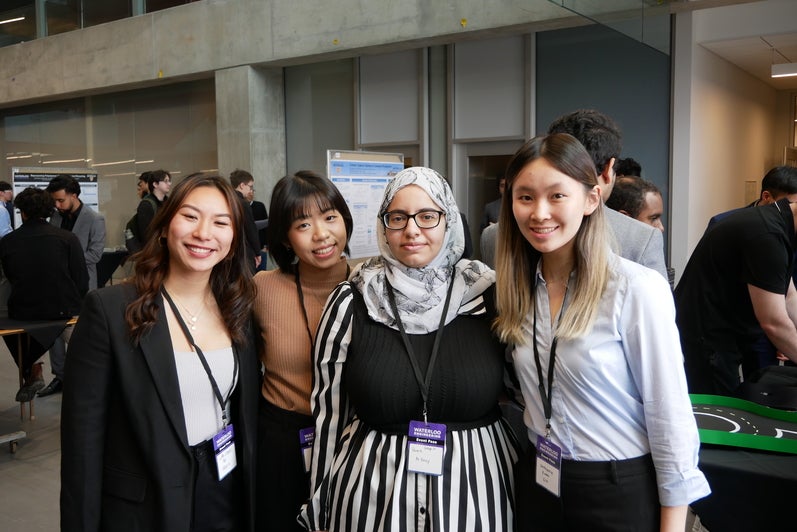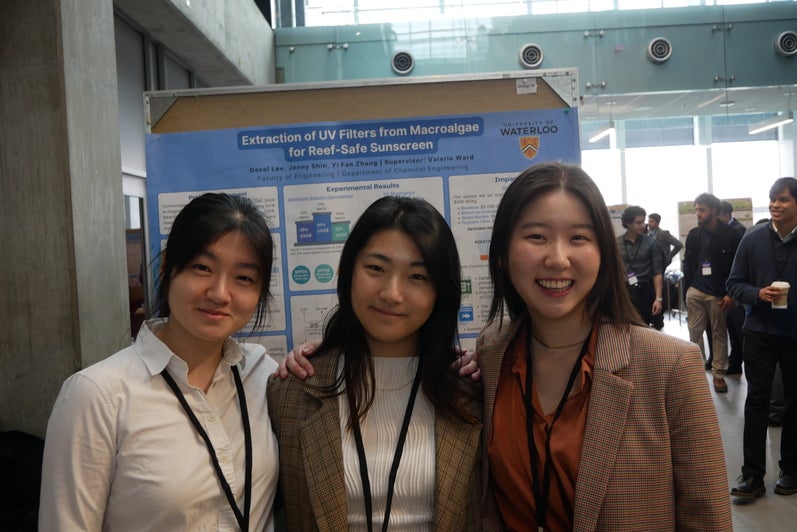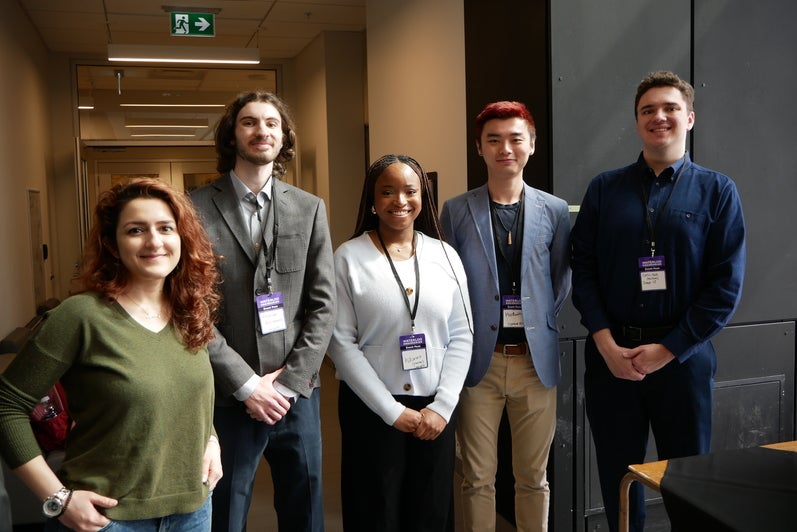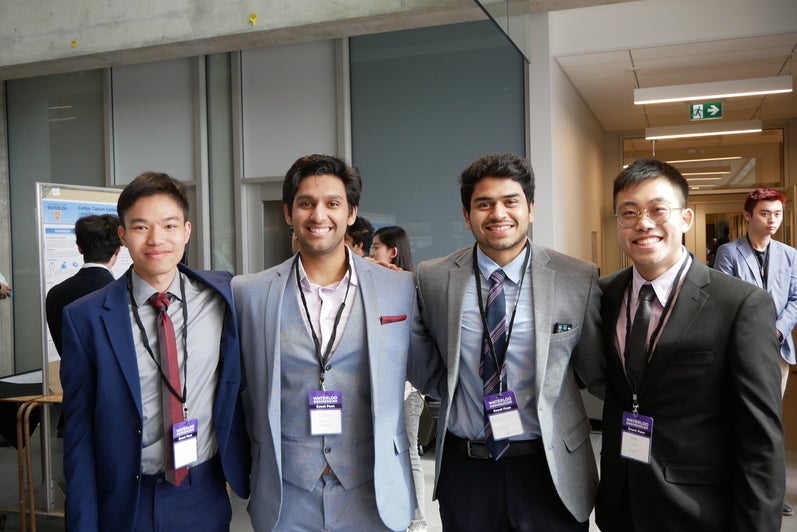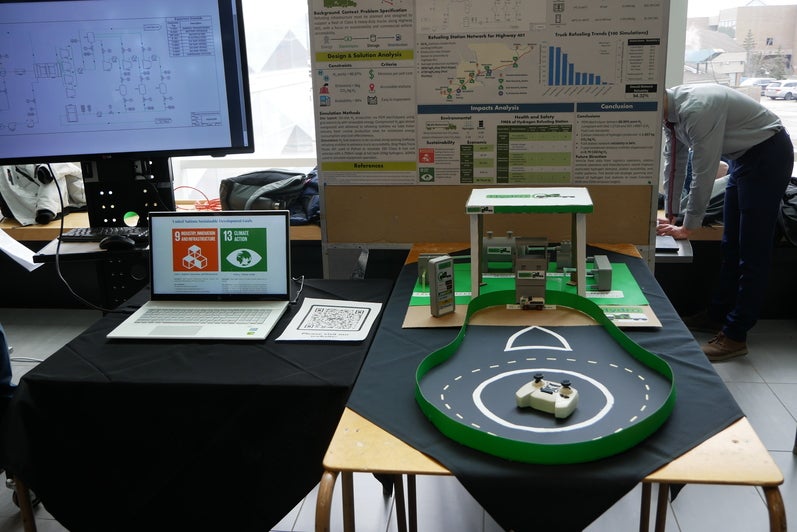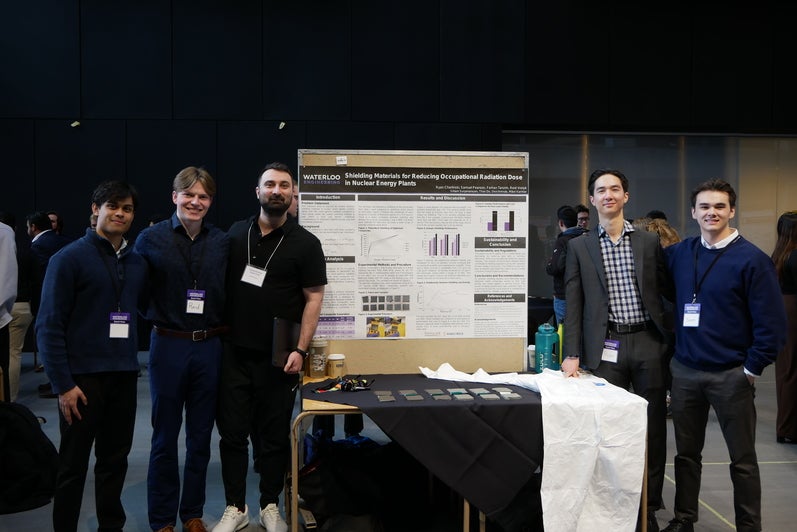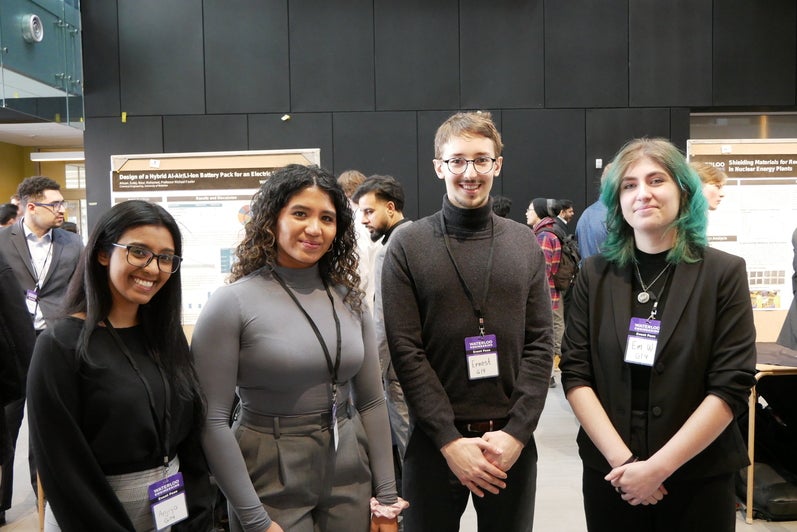Participation in Capstone Design Projects synthesizes theory learned in class, lab work, and real-world experience from co-op programs.
Students are able to create design projects in areas that interest them. Capstone Design projects often lead to the creation of a marketable product and entrepreneurial opportunities for graduating students.
Students own the ideas and devices they create for the design competition and there are several pitch competitions that follow the Capstone Design Event which act as a platform for students to compete for funding to commercialize their devices.
Beyond the classroom, Capstone Design Projects have the potential to make a real difference in the world. Some projects were developed in collaboration with industry partners or community organizations. This allows students to address real-life challenges and potentially contribute to positive change in the world.
